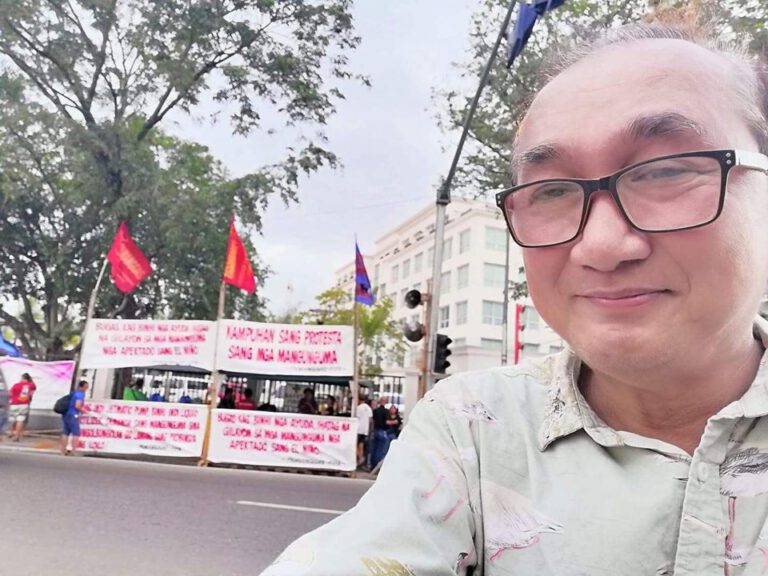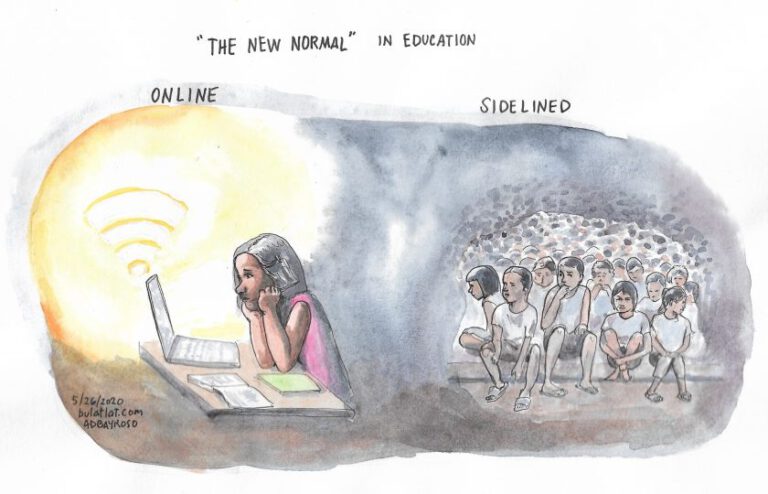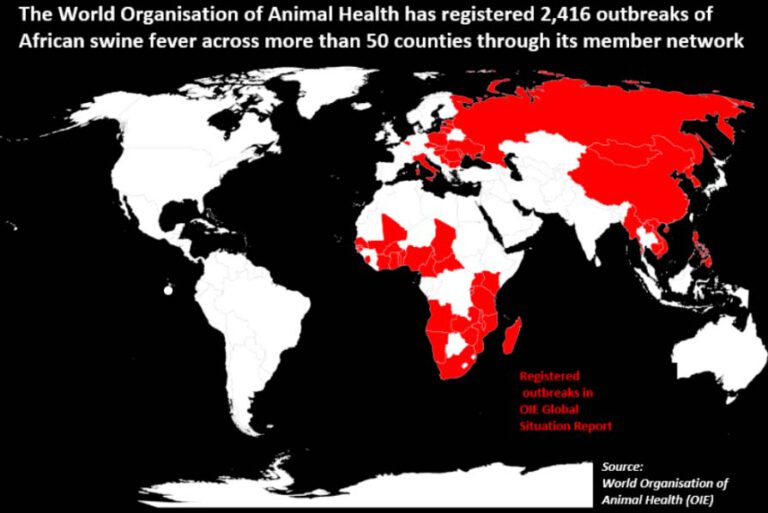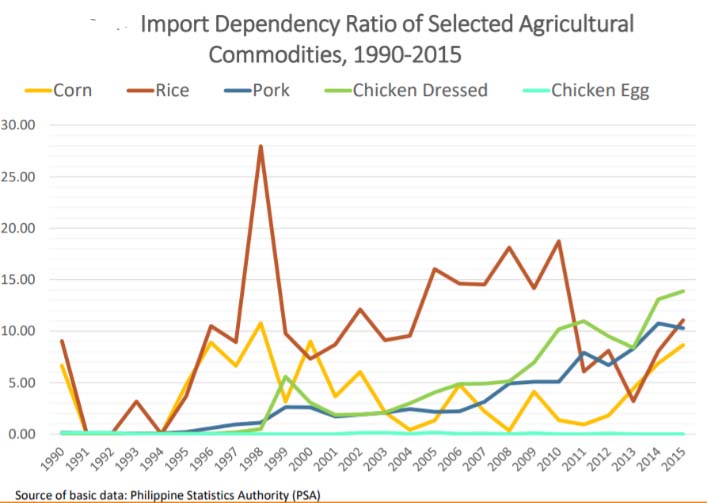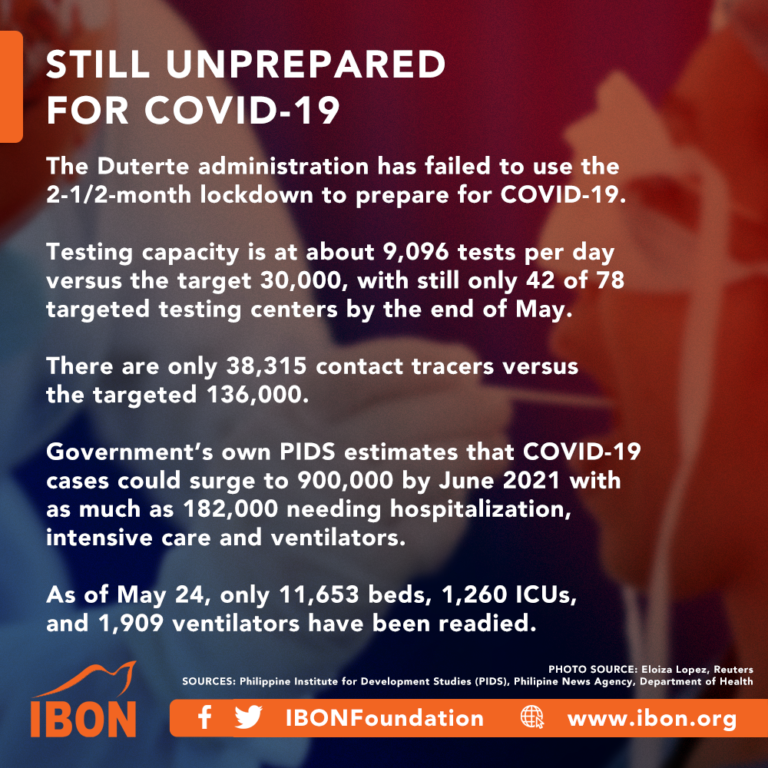By DELFIN DEL ROSARIO
Bulatlat.com
ALBERTA, Canada – Admiration for the life lived by slain activist Jory Porquia has crossed borders in Canada. Jose Reynaldo Porquia, or Jory, is described as a “tireless defender of the rights of the poor” in a petition launched May 9 in Edmonton City.
The online petition called for impartial and independent investigation, a stop to worsening impunity, harassments, surveillance and intimidation of activists, justice to all victims of extrajudicial killings, among others.
The petition has gathered over 500 signatures from supporters across Canada.
On April 30, Porquia was shot nine times in his rented house by suspected state agents. He was Bayan Muna Partylist coordinator in Iloilo City and was conducting community feeding and relief operations led by his group due to the Covid-19-related quarantine. Before the incident, Porquia was harassed by officers and intelligence operators of the Philippine National Police.
Jolly
Fellow activist Ma. Clarizza Singson remembers Jory as a high-spirited person who always wanted to finish tasks as soon as possible.
The two met in a gathering during the anniversary of the militant League of Filipino Students in 1996. Jory was Panay’s LFS chairperson at the time, said Singson. “He gave an inspirational speech and funny stories of his experiences in the 1980s,” she said.
Singson, who is current secretary general of Karapatan- Negros and a national council member of the rights group, is on a speaking tour in Canada discussing human rights situation in the Philippines.
“He is a jolly person, always on the go. He was full of energy and loves to mingle with everyone,” she said.
Singson said that since President Rodrigo Duterte came to power, her province, Negros has seen bloodbath with hundreds of cases of extrajudicial killings and other human rights violations.
“Jory was not spared from that. The failure of the counter-insurgency program to crush the revolutionary movement led to the shift to attacks against legal organizations since they are civilians and vulnerable,” she said.
Activists, human rights defenders and environmentalists have become convenient targets for state forces, she added.
Exemplary
In 1983, Maria Sol Prieto-Pajadura met Jory in a city-wide meeting of student leaders from colleges and universities in Iloilo City. Jory led a discussion about tuition increase, commercialization of education, and call for a national educational system.
Prieto-Pajadura, who lives in Toronto, Ontario, is chairperson of Migrante Canada.
“Jory was very dear to me. We were together in LFS and we were among the first student leaders to go out in the open in Iloilo after Marcos lifted Martial Law in 1982,” she said.
The two had a close comradeship even when both of them became migrant workers: Prieto-Pajadura as a domestic worker in Hong Kong, and Porquia as an OFW in China. “He always makes it a point to stop by Hong Kong to meet me before he goes home to Iloilo. He always sought support for the movement in Iloilo,” she said.
“He always finds opportunity to organize and garner support for the movement,” she added.
“Miga,” an Ilonggo term of endearment for a friend, was what Jory would call Pajadura. “Miga, ari di gali kamo ni Migo ti kitaay ta,” she said, quoting how Porquia would invite her for long talks whenever both of them were in the Philippines. “He had never-ending stories about his family and his experiences in the struggle,” Prieto-Pajadura said.
Porquia studied engineering at the University of San Agustin but decided to commit his life for the movement. “Ever since he became aware of the society’s problems, he had dedicated his life in the service of the people, until his last breath,” she said.
Persecution
Human rights watchdog Karapatan blamed the intensifying counterinsurgency operations in the Philippines for the attacks on activists.
The group decried the continuing killings, arrests, and harassments of farmers and activists by alleged police and military forces amid the COVID-19 pandemic.
“The Duterte regime’s rabid fixation on counterinsurgency and scapegoating of the communist insurgency in the middle of a crisis of its own doing reveal in full its warmongering priorities,” said Karapatan Secretary General Cristina Palabay.
“Jory spent years of his life in the struggle for people’s rights since the dark days of the fascist Marcos dictatorship and his brutal murder under another fascist regime is a tremendous loss for all of us,” Palabay added.
The post Activists in Canada mourn death of slain Panay activist appeared first on Bulatlat.



